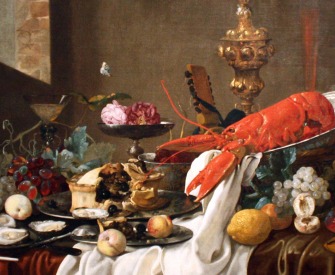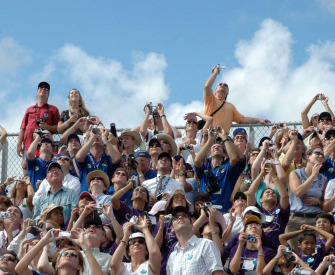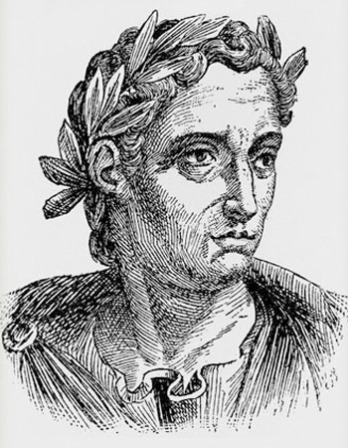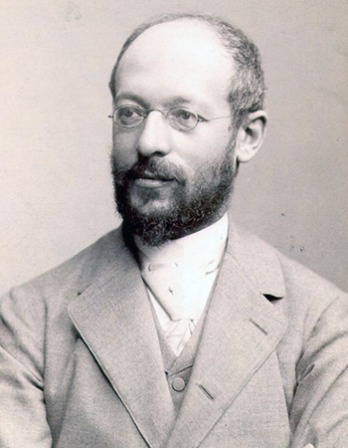I have discovered a universal rule which seems to apply more than any other in all human actions or words, namely, to steer away from affectation at all costs, as if it were a rough and dangerous reef, and (to use perhaps a novel word for it) to practice in all things a certain nonchalance which conceals all artistry and makes whatever one says or does seem uncontrived and effortless.
I am sure that grace springs especially from this—since everyone knows how difficult it is to accomplish some usual feat perfectly—and so facility in such things excites the wonder; whereas, in contrast, to labor at what one is doing as we say, to make bones over it, shows an extreme lack of grace and causes everything, whatever its worth, to be discounted. So we can truthfully say that true art is what does not seem to be art—and the most important thing is to conceal it, because if it is revealed, this discredits a man completely and ruins his reputation. I remember once having read of certain outstanding orators of the ancient world who, among the other things they did, tried hard to make everyone believe that they were ignorant of letters, and dissembling their knowledge, they made their speeches appear to have been composed very simply and according to the promptings of nature and truth rather than effort and artifice. For if the people had known of their skills, they would have been frightened of being deceived. So you see that to reveal intense application and skill robs everything of grace.
© 1967 by George Bull. Used with permission of Penguin Books Ltd.
From The Book of the Courtier. Himself a courtier, the nobleman Castiglione knew whereof he spoke: he entered into the service of Francesco Gonzaga, the marquis of Mantua, in 1499 and Guidobaldo da Montefeltro, the duke of Urbino, in 1504. Later, in Rome, he served Pope Julius II and befriended the painter Raphael. Castiglione’s book was translated into Spanish in 1534, French in 1537, and English in 1561. Francis Bacon and Thomas Cromwell were among its early English readers.
Back to Issue





